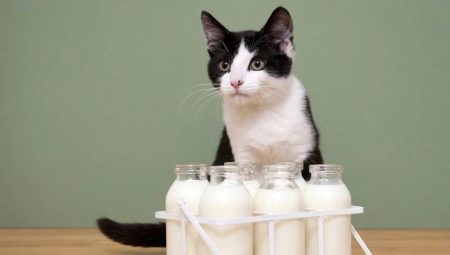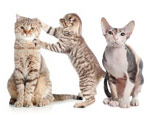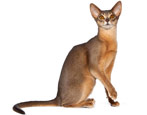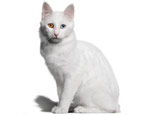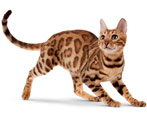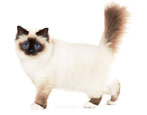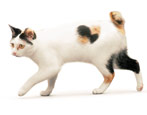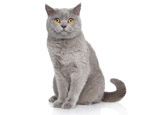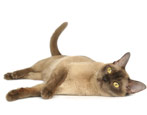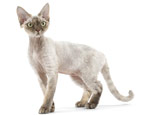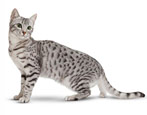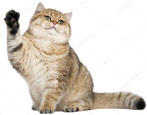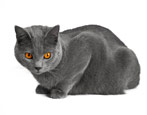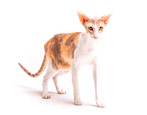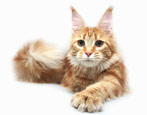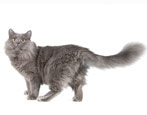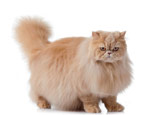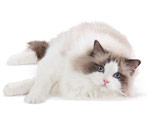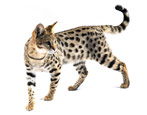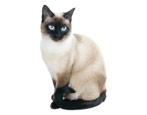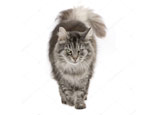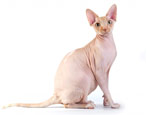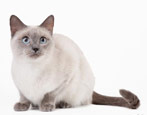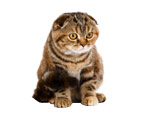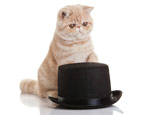Controversy over whether cats can be given milk has been waged among veterinarians and breeders since time immemorial. In the minds of most people, it is the most beloved product of the Feline family. Is milk able to harm the health of the animal? Should I add it to the cat's diet and what should be taken into account?
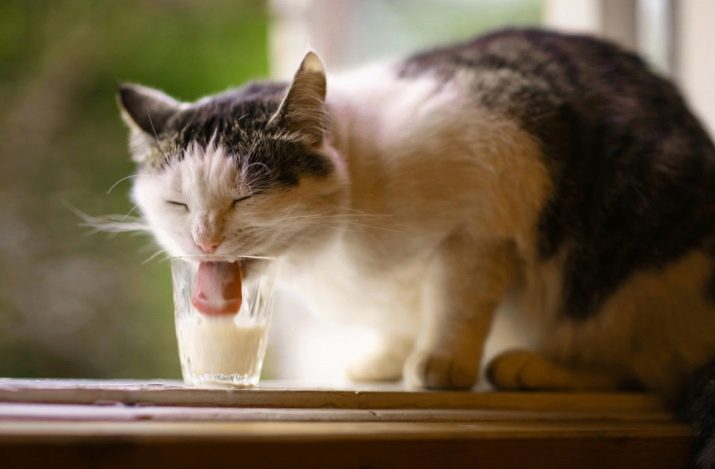
Benefit and harm
As soon as a little mustachioed pet appears in the house, the newly-minted owners immediately try to give him milk to drink. Almost no animal refuses such a treat that once again convinces the owners of the correctness of their actions. Here it is worthwhile to carefully consider all sides of the issue relating to the benefits and harms that this product has on the animal’s body.
Natural milk contains not only lactose, which is also called milk sugar, but also substances such as:
- amino acids;
- B vitamins, as well as riboflavin and thiamine;
- macrocells (calcium, potassium, phosphorus, magnesium);
- trace elements (selenium, iodine, zinc);
- low molecular weight proteins;
- enzymes.
These substances, which are found in milk, are important for the body of the animal. They affect energy processes, participate in metabolism, the formation of bones and soft tissues.
Their deficiency causes a weakening of the health of the pet, leads to a decrease in its immunity and resistance to the development of diseases and injuries.
In this regard, the benefit of milk in relation to the health of the cat can be called obvious.
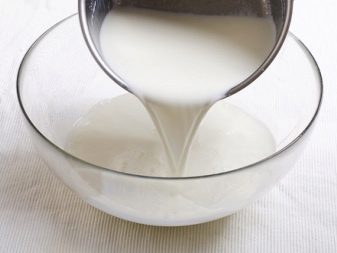
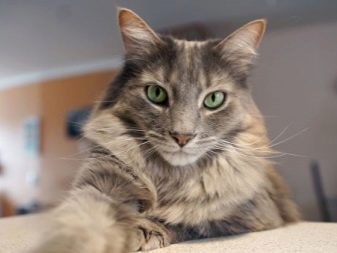
However, there are some negative aspects that can occur when feeding a pet milk. As an absolute predator, in the wild, cats consume breast milk only in the first months of life. During infancy, the body of kittens produces a special enzyme called lactase. It is necessary for the processing of milk sugar - lactose, which is found in breast milk. Over time, the production of lactase in the animal’s body stops, after which the grown individual switches to a more suitable food.
Thus, despite the fact that many adult cats and cats continue to love milk until they are old, it is not always able to be absorbed by their bodies.
The absence of the necessary enzymes required for the processing of lactose, in this case, can turn into unpleasant consequences: upset stomach, severe diarrhea, bloating.
Due to the accumulation of gases in the intestines of the animal, painful colic can occur.
Another nuance that owners who regularly treat their cats with milk to consider is the risk of developing obesity. It is known that, on average, the calorie content of natural milk can vary from 60 to 85 calories per 100 grams of product. Such fat indicators can be dangerous for sedentary animals, prone to fullness. In particular, this applies to castrated and sterilized cats and cats. If you regularly drink milk with high calorie pet after sterilization, you can provoke the development of his obesity.
Obesity, in turn, can trigger the development of concomitant diseases. These include diseases of the cardiovascular, endocrine, respiratory and urinary systems, as well as disorders of the musculoskeletal system and joint problems.
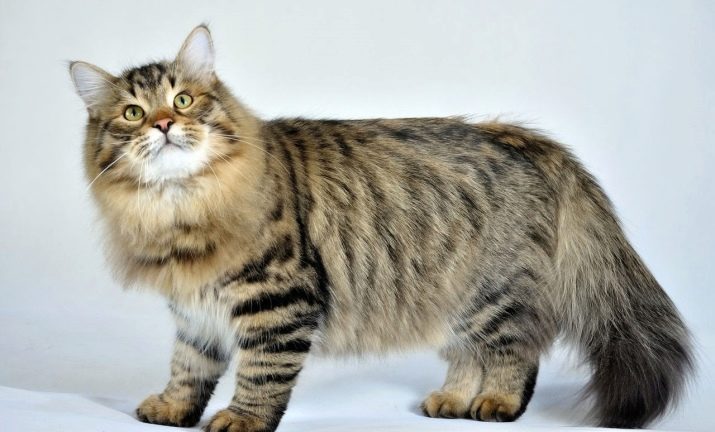
Nutrition depending on the type
If the pet sometimes prefers to feast on milk, but at the same time he has not noticed any problems with its absorption, you can somewhat diversify the cat's diet. Most often, owners of unsterilized domestic cats and cats treat cow and goat milk, less often, they give pets a store-bought and even dry diluted.
Goat
Goat milk is a product with a high content of riboflavin (vitamin B2), vitamin B1 and vitamin A. It is notable for its low fat content, and is easier and faster absorbed by the cat's body. It has been established that intolerance to proteins contained in goat milk occurs in animals much less frequently. Sheep milk has approximately the same properties.
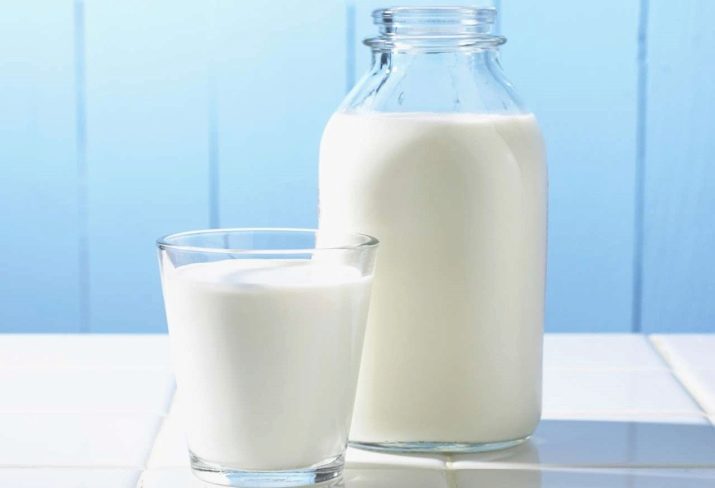
Cow
Cow's milk is a high-calorie product with high nutritional value. Treating them with representatives of the Feline family is allowed only if the animals are not intolerant of the protein contained in this product.
Dry
Powdered milk is a high-calorie product obtained from pasteurized cow's milk. Giving it to animals is not forbidden only if the recommended dosages were observed when diluting the powder with water. In this case, the pet should not have lactose intolerance. Abuse such a treat should not be due to the high calorie content of the product.
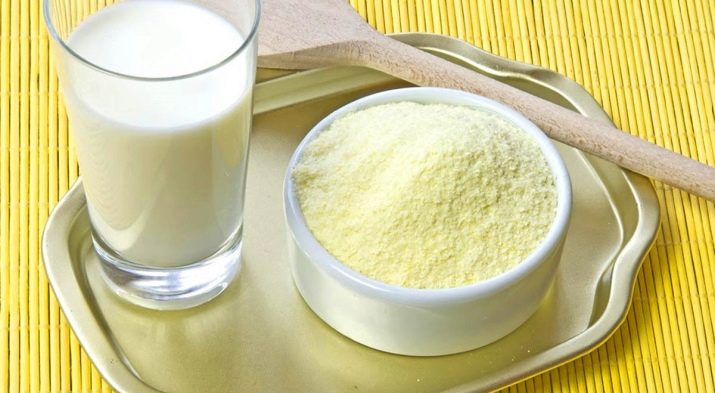
Shop
Shop milk from the bag is one of the few products that not every cat will drink. Both in terms of nutritional value and taste characteristics, a store product usually loses to natural milk. However, occasionally treating them with an animal is allowed (of course, in the absence of lactose intolerance).
Does age affect?
If the animal does not suffer from lactose intolerance and drinks milk with pleasure, it should be treated based on certain criteria, in particular age and lifestyle.
The pet’s state of health and its daily diet are of great importance.
For kittens
As already mentioned, the body of a kitten is able to produce the enzymes required for milk processing. However, the composition of cat, cow and goat milk is very different from each other.
In the case when it becomes necessary to feed the milk of a tiny kitten left without a mother, it is better to give preference to goat milk diluted with water.
A cow product for babies is considered too heavy to eat and difficult to digest.
Older kittens (aged 1.5-2 months) can be fed with cow's milk, alternating it with a special wet food. At the age of 2.5-3 months, babies can begin to gradually transfer to regular cat food.
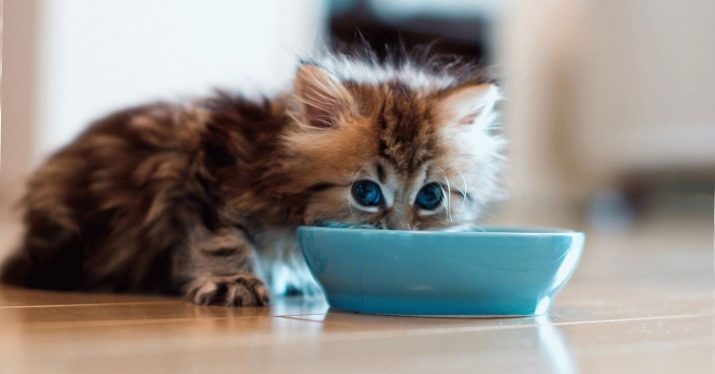
For adults
Inactive, as well as sterilized and neutered cats and cats, it is better not to treat the product with high fat content. The recommended intake for healthy unsterilized animals is about 13 ml per 1 kg of body weight. If the animal does not show signs of lactose intolerance, treat it with milk with caution, observing the proposed standards.
It is important to monitor the behavior of the pet after consuming milk. If the animal behaves calmly, does not show anxiety, then there should be no reason for concern.
Symptoms that a cat or cat has serious problems processing milk sugar (lactose) are the following symptoms:
- diarrhea;
- bloating;
- changes in behavior (anxiety, fussiness).
Even if the animal normally tolerates milk, it is often impossible to give him this product in large quantities. Many veterinarians even recommend treating pets with milk occasionally, and use pieces of meat or minced meat as a permanent treat.
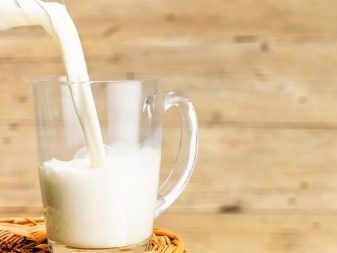
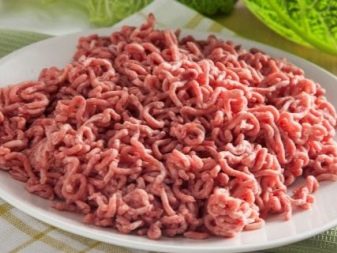
Feed and milk compatibility
Milk is an independent product that should not be combined with anything. Some novice cat owners often make the common mistake of mixing dry cat food with milk.
This is not necessary, since dry food itself is an independent product with a well-thought out and balanced composition.
In addition to it, you can use only clean fresh water, which should always be in the public domain.
According to veterinarians, mixing dry food with milk can turn into extremely unpleasant consequences. Often this combination leads to the development of diseases of the urinary system, diseases and impaired liver function in animals.
You should not combine milk with conventional products that make up the pet's menu. It is also important to control the diet of the animal during the day. It should not contain milk antagonist products, the combination of which can cause diarrhea or poor health of the pet.
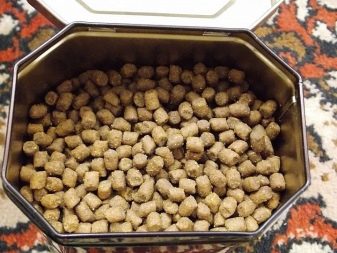
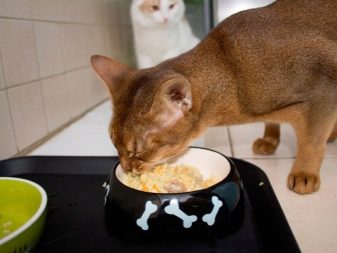
What are the alternatives?
For owners of kittens that are breast-fed, modern manufacturers offer a wide range of milk substitutes. Numerous types of substitutes developed for animals of various ages and breeds are currently on sale. The composition of the products includes valuable nutrients and components necessary for the full development of animals. Such components include fats and proteins, polyunsaturated fatty acids, minerals, micro and macro elements, as well as taurine - an amino acid that is irreplaceable for a cat's body.
Beaphar Kitty Milk is one of the best balanced substitutes for kittens that are fed. The product was released by a well-known Dutch company specializing in the manufacture of pet food and pet foods. This substitute contains a full range of micro and macro elements, polyunsaturated fatty acids, vitamins, minerals, proteins and fats. Recommended for use from the first birthdays.The product can also be used to feed pregnant and lactating cats.
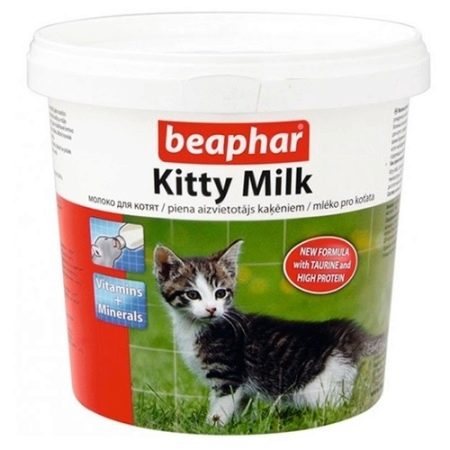
Cat Milk from the German company Gimpet is a fortified substitute recommended for artificially feeding weak and sick kittens. The mixture is enriched in taurine, micro and macro elements, minerals. It can be used for feeding lactating and pregnant cats, elderly and weakened animals.
Babycat Milk is a high-calorie dairy substitute from the French company Royal Canin. The product contains a full range of nutrients, vitamins and minerals, ensuring the full development of kittens from the first days of life. The strictly balanced composition of this substitute allows the product to be easily and quickly absorbed.
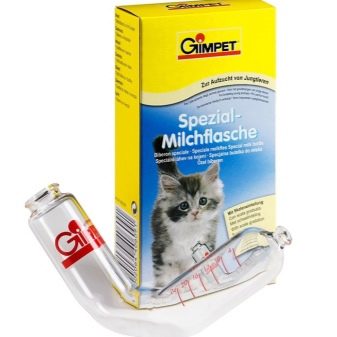
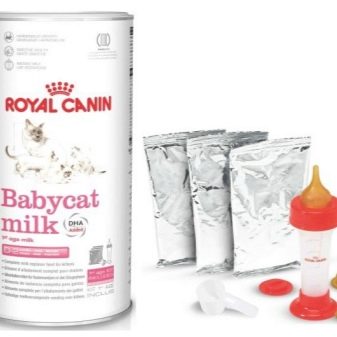
Common mistakes
Some inexperienced owners of cats, preferring milk to all other products, often make it the basis of the diet. Experts remind that in this case, such changes in the cat's menu can lead to unpleasant consequences: from a digestive tract disorder to a quick set of excess weight.
It is strongly discouraged to treat your pet with milk after a short time after the main meal. Even if a cat or cat ate a batch of dry food, their body needs time to digest food. Milk at this stage can negatively affect the digestion process.
Do not give your pet cold, hot, sterilized, skimmed, condensed or raw milk.
It is not allowed to treat the animal with a product of dubious origin, which may contain harmful bacilli, E. coli strains, growth hormones, antibiotics. Only fresh and high-quality products can bring benefits to the animal: fresh, pasteurized, baked (up to 3.5% fat) or lactose-free milk, cottage cheese, yogurt, natural yogurt without food colors, flavors and additives. It is strictly forbidden to feed cats and cats with expired dairy and sour-milk products. Such products include stale cottage cheese, fermented baked milk, kefir (everything older than 3 days from the date of manufacture), as well as yogurts, cheeses, curd masses with synthetic additives.
A common mistake of many inexperienced cat owners is to neglect the heat treatment of milk. To protect the product from possible sources of danger (bacilli, bacteria, strains), you can use pasteurization, boiling and sterilization. However, it is important to consider that after heat treatment the beneficial properties of milk will be significantly lower.
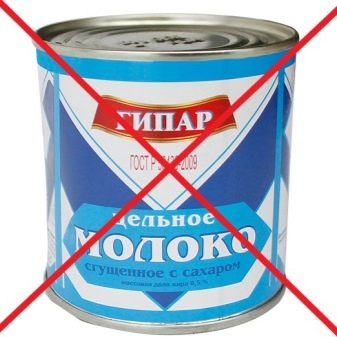
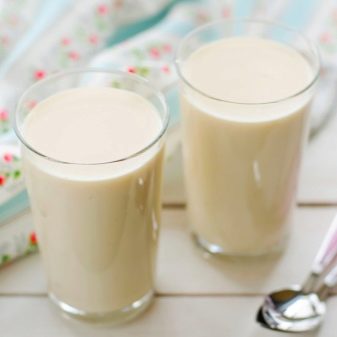
For more information on the benefits and dangers of milk in cat nutrition, see below.
